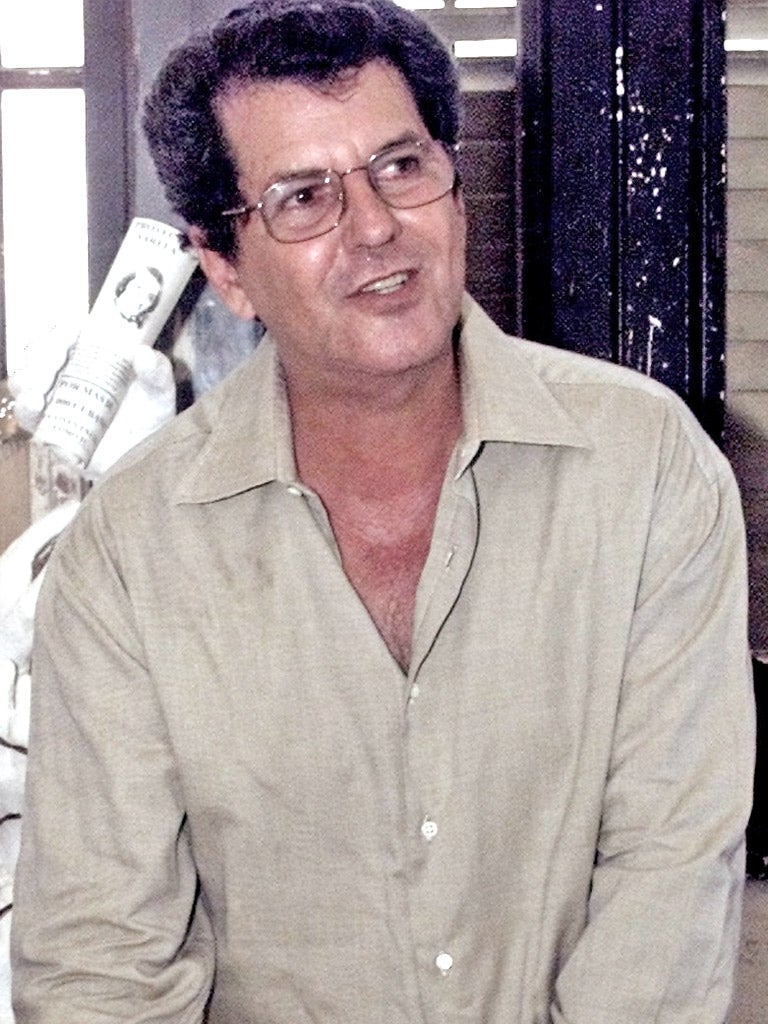The death of a Cuban dissident killed in a car crash on Sunday is at the centre of growing controversy after family members claimed that the vehicle he was travelling in was deliberately forced off the road.
Oswaldo Paya, a high-profile opponent of the country's Communist regime, died when his hire car careered off a remote stretch of road in La Gavina, several hours east of Havana, and hit a tree. Harold Cepero Escalante, a young opposition activist, was also killed.
A short, official report of the incident published in Granma, Cuba's government newspaper, offered no explanation as to how the driver of the vehicle managed to lose control. It described the mysterious incident as "regrettable". However Mr Paya's son, who is also called Oswaldo, told the BBC yesterday that two survivors of the accident – a Swedish and a Spanish politician – had claimed that it was caused by the driver of a truck which rammed their car repeatedly and forced it off the road.
"The two survivors did not lose consciousness and they said they were hit by a truck. It was not an accident. They say they were hit several times," he claimed, adding that over the years, his 60-year-old father had received "multiple death threats" from Castro loyalists.
Mr Paya, a long-standing democracy activist, gained international fame as the organiser of the Varela Project, a non-violent campaign to petition the Cuban government for such fundamental rights as freedom of speech and freedom of assembly.
Launched in 2002, the project's supporters collected around 25,000 signatures in what was seen as one of the most potent public demonstrations of opposition to Communism in the country's recent history. However their calls for a referendum were rejected and several activists imprisoned.
Only a month ago, Mr Paya had survived another serious car accident, when a taxi crashed into him. Details of his fatal accident have yet to be shared with the media by the Swedish and Spanish politicians, who escaped from the vehicle with relatively mild injuries. It remains unclear who was driving.
The Swedish embassy in Havana declined to comment last night, though the injured politician in their care was named as Jens Aron Modig. The Spanish victim is believed to be Angel Carromero Barrios, vice president of the ruling Popular Party's "New Generations" movement.
Sceptics of an assassination attempt note that Cuba's roads are notoriously dangerous. They also point out that it would be a strange moment to kill Mr Paya. He has been largely out of the headlines in recent years and, a decade after its launch, the Varela Project no longer represents a threat to the Castro regime. "We rule out any conspiracy theory," Elizardo Sanchez, a spokesperson for Cuba's small opposition, told reporters.
Several hundred relatives, friends, and democracy activists gathered in the Cerro neighbourhood of Havana for Mr Paya's wake on Monday. A devout Catholic, his coffin was laid out in San Salvador Church, where bells rang for several hours. After an all-night vigil, a funeral mass was held yesterday morning. Tributes were led by Miriam Leyva, a founder of the activist group Ladies in White. "He was sincerely committed to achieving the best for the Cuban people," she said.
Subscribe to Independent Premium to bookmark this article
Want to bookmark your favourite articles and stories to read or reference later? Start your Independent Premium subscription today.


Join our commenting forum
Join thought-provoking conversations, follow other Independent readers and see their replies